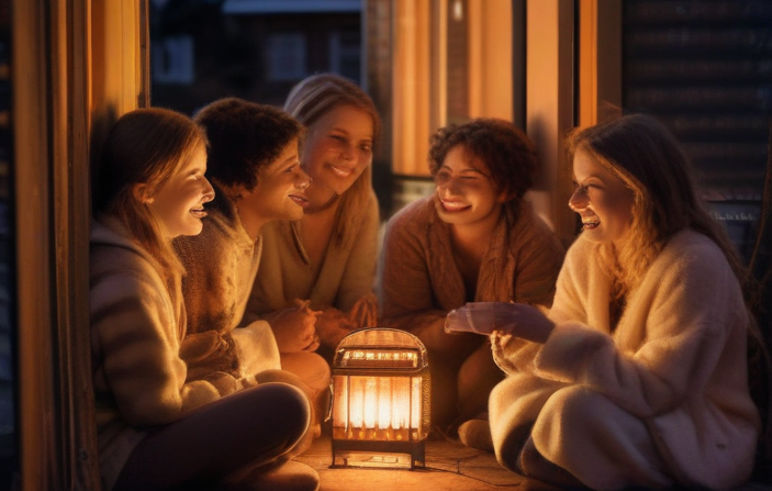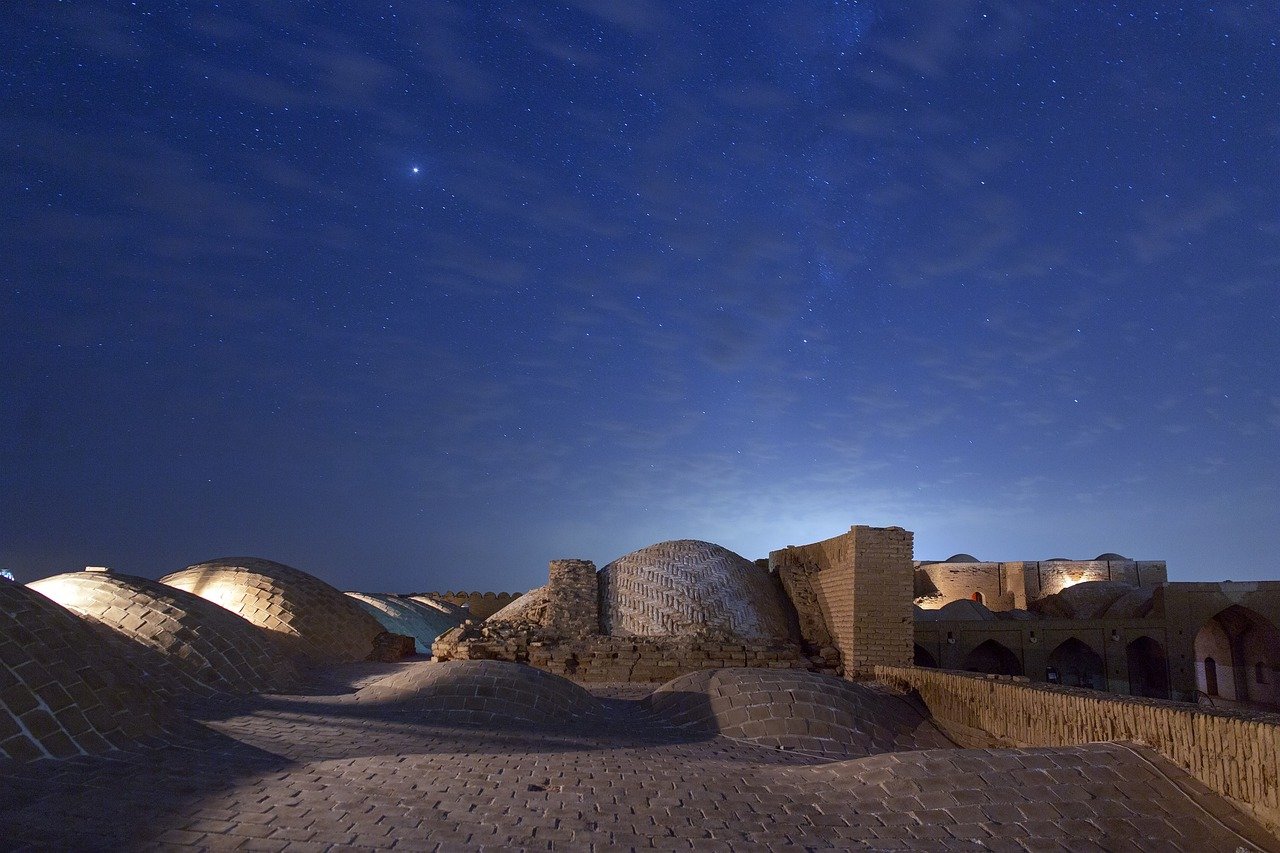
The humble patio heater, in the realm of outdoor living, serves as more than just a source of warmth; it becomes a catalyst for conversations that intertwine religion, politics, and historical context. As individuals gather around the comforting glow of these heaters, their choices are influenced by a multitude of factors, including their beliefs, ideologies, and the lessons of history.
Religion, often deeply intertwined with cultural traditions, plays a significant role in shaping patio heater purchasing decisions. In many cultures, outdoor gatherings hold religious significance, whether it’s celebrating festivals, observing rituals, or simply coming together for communal prayer. As such, the choice of a patio heater can be imbued with symbolic meaning, reflecting values of hospitality, community, and spiritual connection. For some, the selection may lean towards eco-friendly options in line with their religious teachings on stewardship of the Earth, while others might prioritize durability and longevity, mirroring their faith’s emphasis on sustainability and longevity.
ALSO READ: The IPTV Revolution: Reshaping Religious and Political Discourse with the Best IPTV Services
Similarly, politics permeates the patio heater landscape, reflecting broader societal debates and policies. In regions with stringent environmental regulations, consumers may opt for energy-efficient models or those powered by renewable sources, aligning with political ideologies centered on climate change mitigation. Conversely, individuals in areas with a more laissez-faire approach to regulation might prioritize affordability and convenience, reflecting political perspectives on personal freedoms and market dynamics. Additionally, the choice between domestically manufactured heaters and imported alternatives can reflect geopolitical considerations, echoing debates surrounding trade policies and national identity.
Historical context adds another layer of complexity to patio heater purchasing decisions, as past events and cultural narratives shape consumer preferences. For instance, in regions with a history of harsh winters or colonial influences, patio heaters may be viewed as symbols of modern comfort and liberation from the constraints of the past. Conversely, in areas with a legacy of communal living or indigenous traditions, consumers may seek heaters that honor heritage craftsmanship or incorporate traditional materials, paying homage to historical resilience and cultural continuity.
Conclusion
Despite these diverse influences, the decision to purchase a patio heater ultimately transcends individual preferences, encompassing broader societal trends and values. As such, understanding the interplay of religion, politics, and historical context is essential for manufacturers, retailers, and policymakers seeking to navigate this dynamic market. By recognizing the multifaceted nature of consumer motivations, stakeholders can develop products and policies that resonate with diverse audiences while fostering meaningful dialogue around the patio heater flame.

